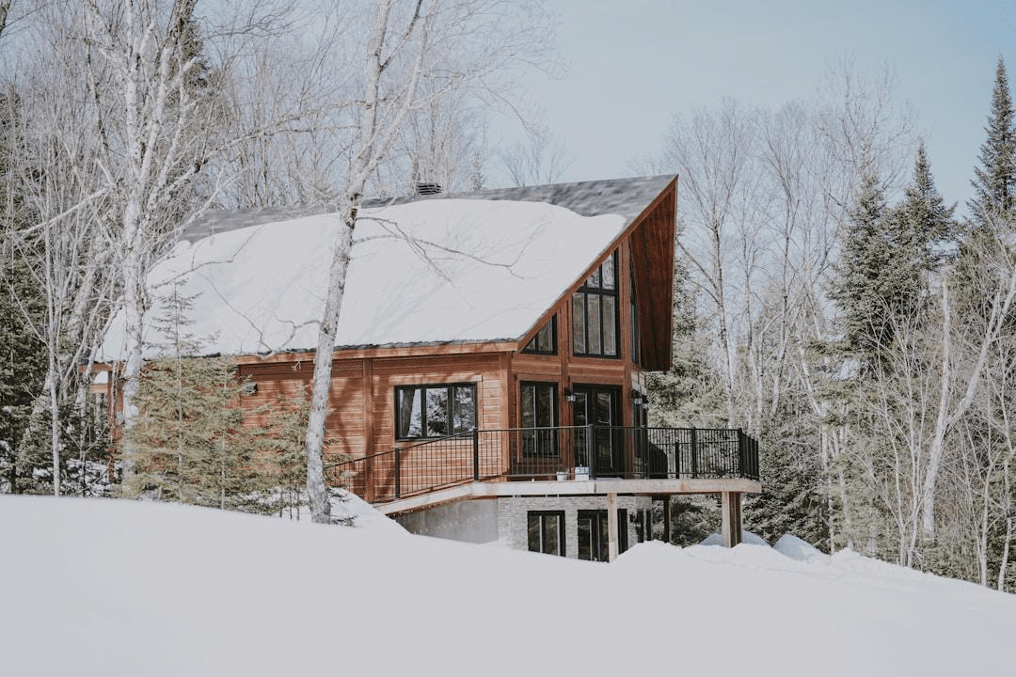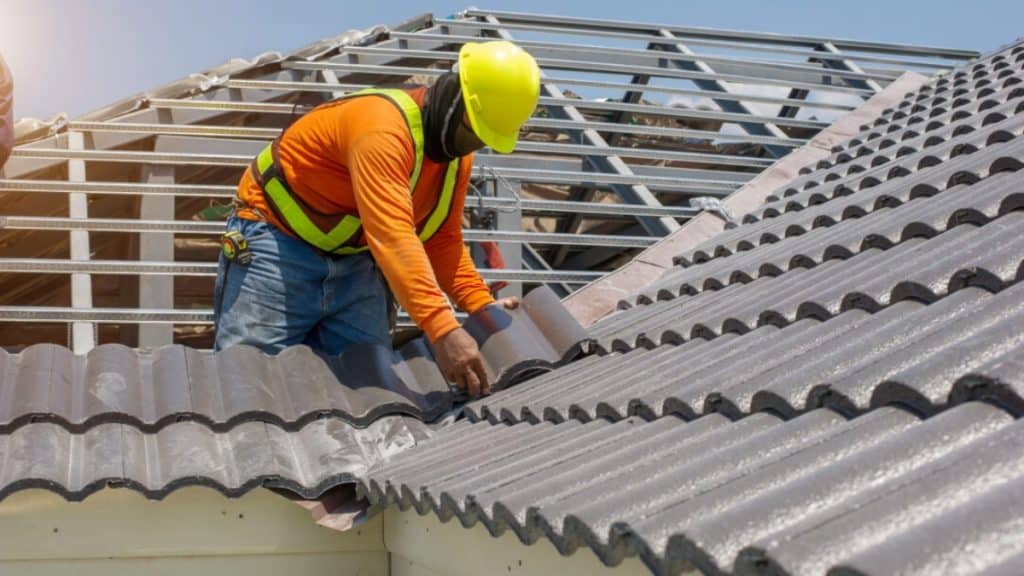Choosing the right roofing for your home is essential for both its aesthetic and functional well-being. With a plethora of options on the market, deciding which roofing materials to use can be a daunting task. Key considerations include durability, cost, and the architectural style of your home. Keep reading to explore the resources that will help you select the ideal roofing for your home.
Understanding Different Roofing Materials
When it comes to roofing materials, there’s a vast array to choose from, each with its unique properties and benefits. Asphalt shingles are commonly favored for their cost-effectiveness and ease of installation. On the other end of the spectrum, slate roofing offers unparalleled durability and longevity but comes at a higher cost and requires professional installation. It’s important to research these options thoroughly before making a decision.
Modern advancements have also introduced eco-friendly materials such as solar tiles and green roofs. These sustainable options not only help lower energy costs but also reduce the environmental footprint of a home. However, not all roofing contractors may be equipped to install such specialized materials, so availability may vary by region.
It’s also beneficial to consult roofing professionals or use specialized tools such as a roof pitch calculator to understand the practical implications of each material for your specific roof’s design. This can influence both the cost and feasibility of your roofing project.
The Role of Climate in Choosing Roofing Materials
Climate plays a vital role in determining the appropriate roofing material for your home. Homeowners living in areas prone to hurricanes and high winds might opt for metal roofing, which handles extreme weather conditions well. Conversely, those in hot and arid climates might prefer terracotta or slate, which offer excellent heat resistance.
In regions with heavy snowfall, it’s important to consider the weight the roof will need to support. Roofing materials like asphalt shingles can be a good match for colder climates as they can help in shedding snow and preventing ice dams when properly insulated.
Additionally, humidity levels can influence material choice. Wood shingles, for example, might not be the best choice in highly humid areas due to the potential for mold and rot, whereas asphalt shingles have a higher resistance to such moisture-related issues.
Comparing Longevity and Maintenance of Roof Types
The lifespan of roofing materials varies greatly: asphalt shingles last about 20 to 30 years, while metal, tile, and slate can last 50 years or more. It’s crucial to balance the initial investment against the expected durability when budgeting for your project. Long-term costs may be lower for more durable materials even when the upfront cost is high.
Maintenance is also intertwined with longevity; some roof types require more effort to maintain their condition and extend their service life. For example, cedar shingles might need to be treated and cleaned periodically to prevent decay, unlike metal roofs which usually need little more than an occasional rinse.
Frequent inspections and prompt repairs can prevent minor issues from escalating into major problems, no matter the material. Establishing a regular maintenance routine or setting aside an annual budget for your roof can save money and headaches down the line.
Navigating Roofing Warranties and Certifications

Roof warranties can be a deciding factor in your roofing material selection. They often reflect the manufacturer’s confidence in their product’s performance and quality. Warranties range widely in terms of coverage and duration, so it’s important to understand the fine print before making a final decision.
It’s also beneficial to engage a licensed and insured roofing contractor. They can often offer additional guarantees on their workmanship, which can complement the manufacturer’s warranty. This layer of protection ensures that you’re covered in the unlikely event of installation errors or defects.
Moreover, some warranties and certifications can be transferred to new homeowners, which can significantly boost the appeal of your property should you decide to sell. As such, consider the potential long-term benefits that warranties and certifications can provide for your home’s roofing system.
Altogether, a deliberately chosen roofing system will not only protect your home from the elements but also provide peace of mind with warranties and enhance its overall value. Consider the material options, their costs, and suitability for your climate, as well as warranties and maintenance needs to make an informed choice.
